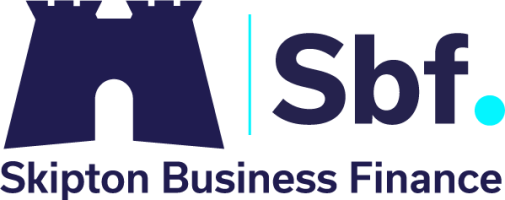Recent surveys have suggested that access to traditional banking facilities remains tricky for UK enterprises despite the improving economic conditions. Together with the fact that costs are escalating for the lucky ones who can secure an overdraft, it’s not really surprising that more entrepreneurs and small business owners are considering alternative ways to fund their businesses.
But there are still plenty of owner-managed firms who are missing out on a viable alternative to the traditional bank funding lines which won’t cost the earth. In fact, they may be a lot cheaper than you think when compared to other alternatives!
There are a number of ways to fund a business other than through the traditional bank route, although some are more costly and require giving up either personal security or ultimately losing control of the business.
Here is my analysis of the costs involved for the following alternative business finance solutions:
Director Loans
For those who have personal resources, investing director loans into the company is a cheap and effective way to fund the business.
The major downside is that it ties up personal cash, with repayment being limited to when the company has sufficient cash reserves to repay.
It also potentially puts life savings, built up over years of hard work, at huge risk.
Equity Investors
Obtaining equity finance remains difficult and expensive particularly for the smaller business.
It necessitates giving up a share of the business and potentially control of decisions going forward.
Equity investors are themselves naturally wanting to make a return on their investment and their expectations can be as high as a 20 - 30% return per annum. In the current climate this is not always achievable and can result in some difficult conversations at board meetings!
Invoice Factoring and Invoice Discounting
Invoice finance facilities such as invoice factoring and invoice discounting provide working capital secured against the outstanding sales invoices. Although slightly more expensive than overdrafts, they can provide twice as much cash, require less personal security and are based on sales, therefore allowing the facility to grow with the business - meaning management don’t have to keep going back to the bank asking for more!
Additionally, invoice finance is not based on historic balance sheet performance and therefore offers a very suitable funding alternative for new start companies or businesses that are either in a turnaround or highly geared.
Invoice Finance for Small Businesses and SMEs
Whilst the economy continues to recover, invoice factoring and invoice discounting both provide a much safer and more flexible funding solution for many small businesses and SMEs. They can generate increased funding linked to sales whilst allowing management to retain control of their business.
And whilst there is an argument that invoice finance can be a little more expensive than a traditional overdraft, most entrepreneurs appreciate that it’s worth paying that little bit extra for greater flexibility and peace of mind.
If your owner-managed business isn’t sure where to turn to access external funding, why not browse our website to find out more about how invoice finance works, or give us a call on 0845 602 9354 for a chat and a no-obligation quote.










